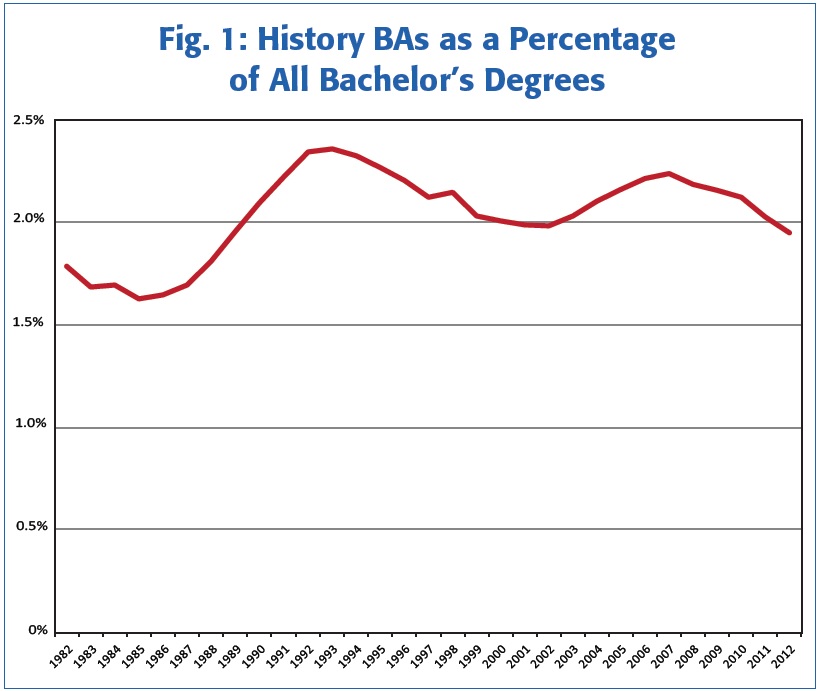There’s a quote that is bouncing about on the internet that has been attributed to Benjamin Franklin, Johannes Gutenberg, some random French printer, and a couple others. It goes “Give me twenty six soldiers of lead and I will conquer the world.” Essentially, it’s a more eloquent version of the phrase “knowledge is power.”
 Let’s be honest, not all knowledge is power…
Let’s be honest, not all knowledge is power…
Gutenberg himself recognized that principle in the 1440s, and his gift to history was that he wanted to market knowledge. Before waxing about Gutenberg’s invention and his impact and all that, there are a few things that people should know:
 Das ist ein Gutenberg Press. Basically, you’d put down your lettering, flop a page on top of the letters, stick the thing under the flat press, twist the knob and Bob’s your uncle.
Das ist ein Gutenberg Press. Basically, you’d put down your lettering, flop a page on top of the letters, stick the thing under the flat press, twist the knob and Bob’s your uncle.
1. Gutenberg didn’t invent the printing press, or the concept of the printing press. Chinese woodblock printing was being used during the Tang dynasty in the mid 600s, and they had likely taken the idea from earlier use of seals that impressed images and words on clay and silk. Block printing was very much a thing by Gutenberg’s time, the only difference is that he was a European and dealt with roughly 26 characters instead of the 10,000 or so that Chinese printers had to mess with.
2. Gutenberg didn’t invent movable type printing either. Again, China did that in the the 1040s when a guy named Bi Sheng built a set of clay characters and popped them into a box character side up. The top of the types would be covered in inks and then the thing would be used like a wood block print. Again though, the issue was that a typographer would need to rifle through an incredible number of clay dies to find the one he needed, rather than Gutenberg’s compact squad of letters.
 Chinese wood block and movable type were pretty normal for about 800 years before Gutenberg came about.
Chinese wood block and movable type were pretty normal for about 800 years before Gutenberg came about.
3. Gutenberg didn’t even invent the press, according to John Man, author of Gutenberg: How One Man Remade the World with Words, Gutenberg started off as a mirror maker in Aachen, Germany. Pilgrims to the city wanted mirrors, and Gutenberg realized the power of mass production when meeting mass demand. Gutenberg used a press similar to the design to that of an olive or grape press.
 It is possible to enjoy your job too much.
It is possible to enjoy your job too much.
4. Gutenberg DID however invent a metal alloy that provided him with durable, easy to cast letters. This invention combined with the above things produced his printing press. The man was deep in debt over the production costs, but was able to produce and sell around 200 bibles at an impressive cost. Each book cost as much as three clerks’ annual salary.
Gutenberg lost his printing business in a lawsuit within a few years of his first sale. His financier who had loaned him the startup money, Johann Fust, sued and won, taking Gutenberg to the cleaner over the failure of settlement. Gutenberg’s invention, however, caught on like wildfire. The middle class was ravenous for knowledge, even though many of them were illiterate (odd thought, that European mass literacy follows books rather than the reverse. That means you had a period of time where most people had books or access, but couldn’t really read them). When Archbishop Adolph II raided the city that Gutenberg was based out of, oodles of printers fled the city and spread into other parts of Europe, sharing the information more widely.
Interestingly enough, much of the early printing press material was not religious work or political pamphlets; the thing people were exceptionally ravenous for was travel writings. People wanted to know more about the world around them and Gutenberg opened the door just a smidgen more than before. Arguably one of the greatest inventions of human history, Gutenberg’s creation and his “twenty six soldiers of lead” allowed mass education and mass imagination to flourish more Europe had seen before. Some people even claim that Gutenberg’s press was the seed of insight that grew into mechanization and manufacturing because it was the first poignant shift away from professional artists and craftsmen into an era of gears and machines.

http://scarc.library.oregonstate.edu/omeka/exhibits/show/mcdonald/incunabula/gutenberg/
http://www.history.com/topics/middle-ages/videos/mankind-the-story-of-all-of-us-the-printing-press
http://inventors.about.com/od/gstartinventors/a/Gutenberg.htm
http://www.historyguide.org/intellect/press.html
http://www.biography.com/people/johannes-gutenberg-9323828#!
http://www.livescience.com/2569-gutenberg-changed-world.html